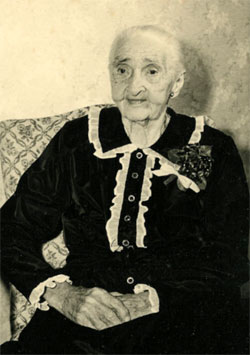Bei diesem Text handelt es sich um einen gekürzten Auszug aus dem Buch “Aurich – von C.B. Meyer bis auf unsere Tage. Erstes Buch.” von Gramberg, Kalli (1992), Stadt Aurich, Druckerei Soltau-Kurier-Norden. S. 9.
Im „Siebenjährigen Krieg” (1756 bis 1763), den König FRIEDRICH II. in Sachsen, Böhmen und Schlesien führt, sind seine westlichen Provinzen ohne Schutz, was die Österreicher, aber vor allem die Franzosen zum Vorrücken bis nach Ostfriesland veranlaßt, um preußisches Eigentum in Besitz zu nehmen und Kriegskontributionen, das heißt Gelder, einzutreiben. Continue reading Conflanser 1761
